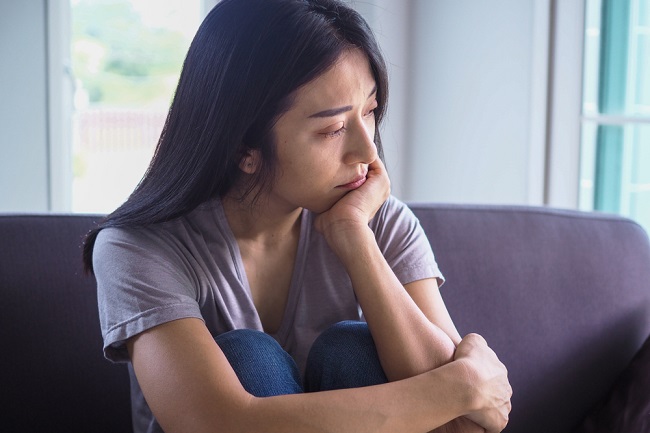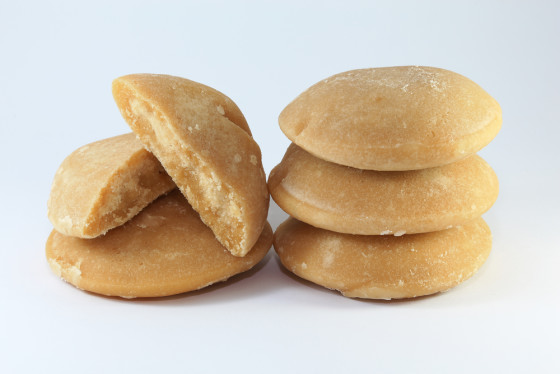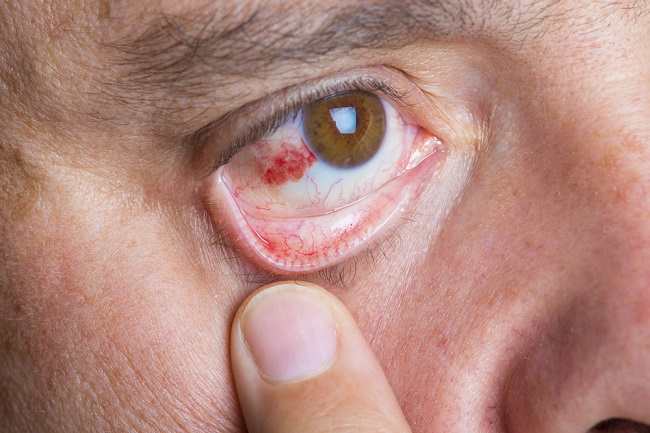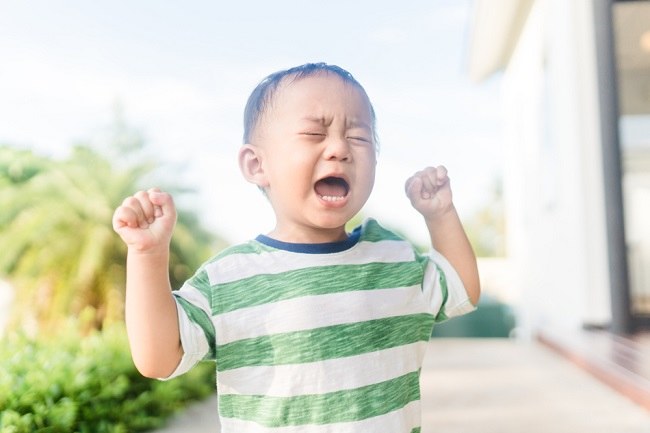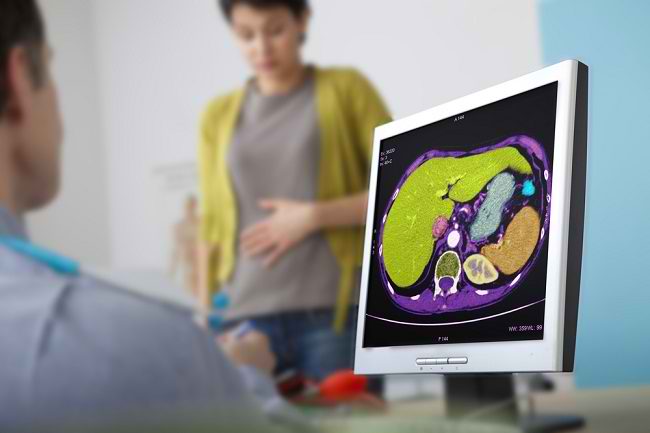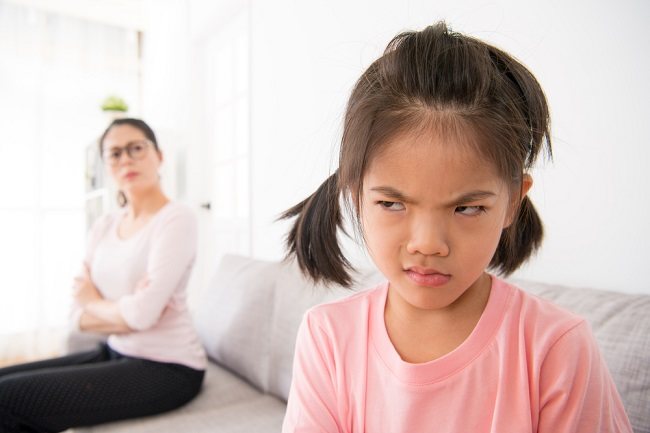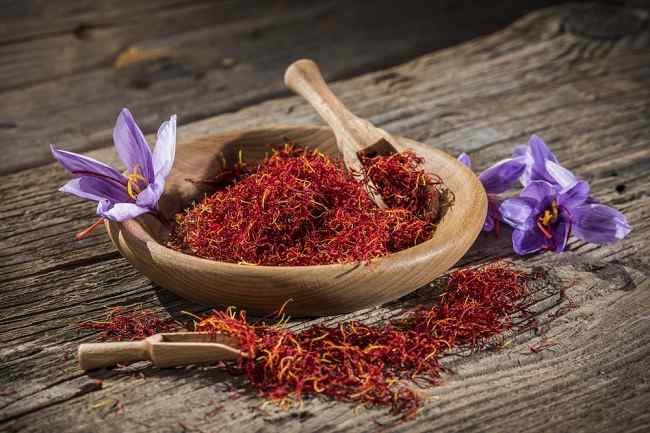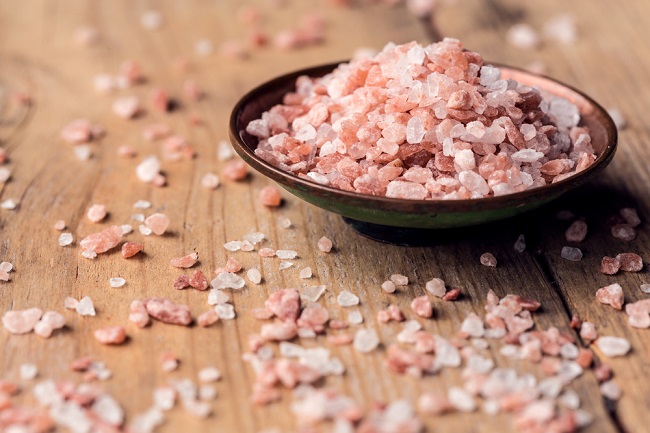Washing vegetables and fruit is important to keep the food clean before consumption. If not washed, stored or processed properly, fruits and vegetables can become contaminatedbacteria, viruses, or parasites which can cause disease.
Fruits and vegetables are healthy foods that are rich in fiber, antioxidants, and other important nutrients, including carbohydrates, vitamins, and minerals.

However, if not washed and processed properly, these healthy foods can be contaminated with bacteria and become a source of disease and even make you experience food poisoning.
This condition can happen to anyone, but is generally more common in pregnant women, the elderly, infants and children, and people who have weak immune systems, such as people with HIV, cancer, or malnutrition.
People who experience food poisoning will usually experience various symptoms, such as nausea, diarrhea, vomiting, abdominal pain, weakness, and fever. These symptoms can appear within a few hours after the person eats a fruit or vegetable that is not washed properly.
The Process of Spreading Germs to Fruits and Vegetables
Various disease-causing microorganisms, such as bacteria, viruses, and parasites, can contaminate fruit and vegetables from various sources, including:
- Water used for irrigation in gardens or rice fields
- Organic fertilizer or manure
- Animal droppings or soil
- unhygienic fruit and vegetable packaging process
Germs that contaminate fruit and vegetables can also come from dirty or unwashed hands, for example when someone doesn't wash their hands and then touches the fruit and vegetables.
In addition, the use of dirty kitchen utensils, such as knives, cutting boards, and pans, or kitchen utensils that are used together to process raw meat or seafood can also spread germs to fruits and vegetables.
Remember the 4Ps Before Consumption of Fruits and Vegetables
Not only how to wash vegetables and fruit that must be considered properly, you also have to be careful in choosing, storing, and processing vegetables and fruit before eating.
Do the 4Ps below so that you avoid food poisoning when eating fruits and vegetables. The 4P steps in question include:
1. Selection of fruits and vegetables
Be careful when choosing fruits and vegetables at the market or supermarket. Don't choose a product that looks like it's starting to spoil or rot.
When buying fruit and vegetables that have been cut and wrapped in airtight plastic, choose those that are placed on the cooling rack. Don't forget to check the expiration date.
Also, store fruit and vegetables in plastic or an area of the refrigerator away from raw meat or seafood.
2. Vegetable and fruit washing
When you get home, wash fruits and vegetables under running water or warm water until they are completely clean to remove dirt and germs on the fruit and vegetables. Remember, do not wash vegetables and fruit using soap or detergent.
After washing, dry with a clean towel or tissue. Fruits and vegetables are ready to be consumed or processed. After washing, you can also peel the skin of vegetables and fruit to remove bacteria.
3. Storage must be in a cold place
If you intend to store fruit and vegetables after washing, place them in a clean container and store them in the refrigerator. Storing fruit and vegetables in the refrigerator can keep them fresh when consumed later.
4. Process correctly
An important factor when processing fruit and vegetables is hand hygiene. Therefore, don't forget to wash your hands thoroughly before and after processing fruits and vegetables.
Avoid using the same kitchen utensils when processing raw meat or seafood with vegetables and fruit to avoid contamination.
In addition to doing the 4Ps, there are other important things that you must pay attention to, which is to always keep the kitchen clean so that food is free from germs. Do not forget to also clean the refrigerator regularly.
Washing vegetables and fruit is important to prevent you from food poisoning. However, if you experience diarrhea, stomach pain, nausea, vomiting, or fever after eating washed vegetables and fruits, immediately consult a doctor for proper treatment.
